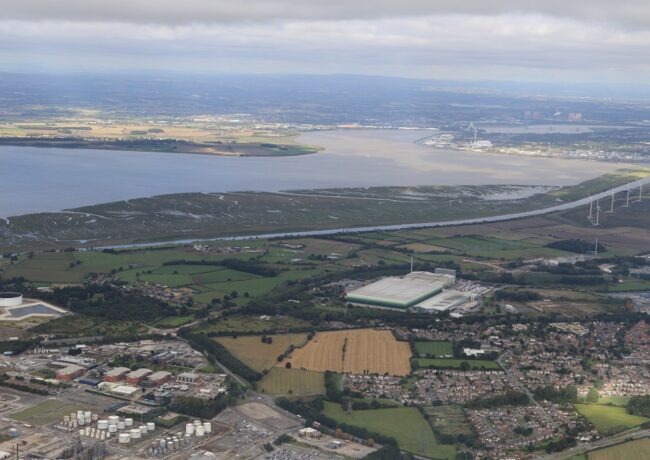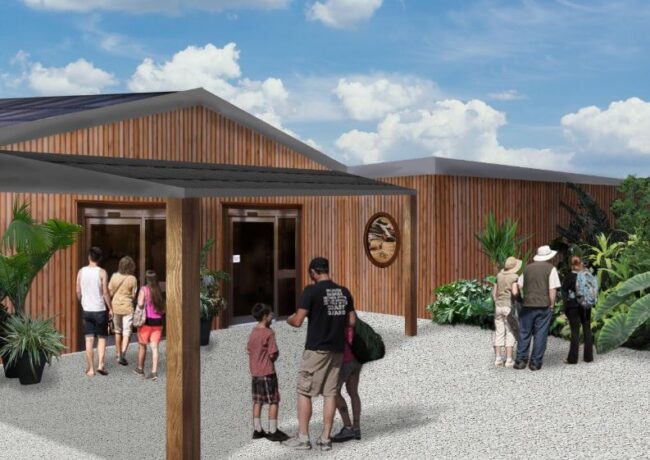Peel looks to build further hydrogen facilities in £130m deal
Peel Environmental has signed a £130m agreement with Waste2Tricity and PowerHouse Energy to deliver 11 waste plastic to hydrogen facilities, as the developer prepares to submit a planning application for the first of these facilities at Protos, Cheshire.
At Protos, the plans would see a plastics-to-hydrogen facility delivered at the 130-acre Cheshire site, with Waste2Tricity agreeing a 125-year lease with Peel. Waste2Tricity is the development partner of listed energy group PowerHouse.
The £7m facility would take up to 25 tonnes of non-recyclable plastic each day, and use it to produce hydrogen which could be used to power road vehicles. This local source of hydrogen could be used as a clean and low-cost fuel for buses, HGVs and eventually cars. The facility would also generate electricity which could be provided to commercial users via a microgrid at Protos.
The partnership is due to submit a planning application for the scheme in the coming weeks. Peel Environmental is planning for the waste plastic materials to come from other recycling facilities on the Protos site.
As part of the agreement, Peel Environmental will provide real estate and infrastructure support, Waste2Tricity is the developer and PowerHouse Energy is the technology and engineering services provider. Peel Environmental is looking for other sites across its portfolio to deliver the 10 waste-to-energy schemes, with further schemes in the North West likely considering its extensive landholdings in the region.
Myles Kitcher from Peel Environmental, part of Peel L&P, said: “Hydrogen is increasingly being seen as a vital part of our journey to zero carbon. This deal could be transformational in delivering a UK first technology that can generate local sources of hydrogen but also provide a solution to plastic waste. As a business we’re looking at solutions for all plastics with a vision for these facilities to sit alongside recycling and recovery.
“We’re pioneering this solution in the North West but local authorities across the country could benefit from a more sustainable way to treat waste plastic, whilst also creating a local source of low carbon transport fuel which could help them meet their climate change targets.”




